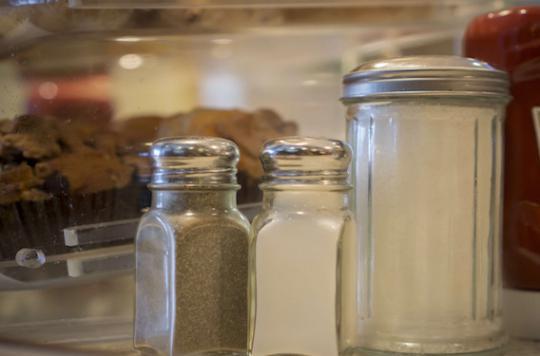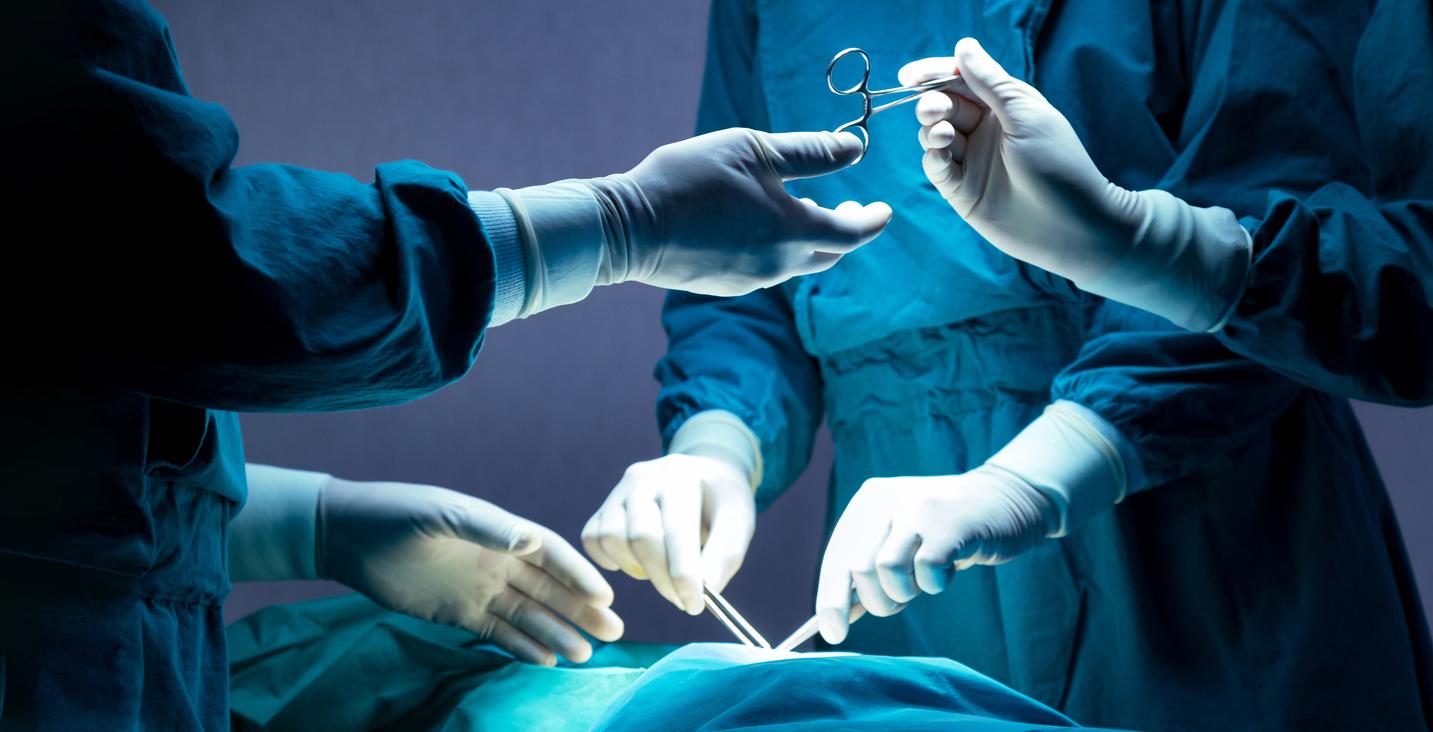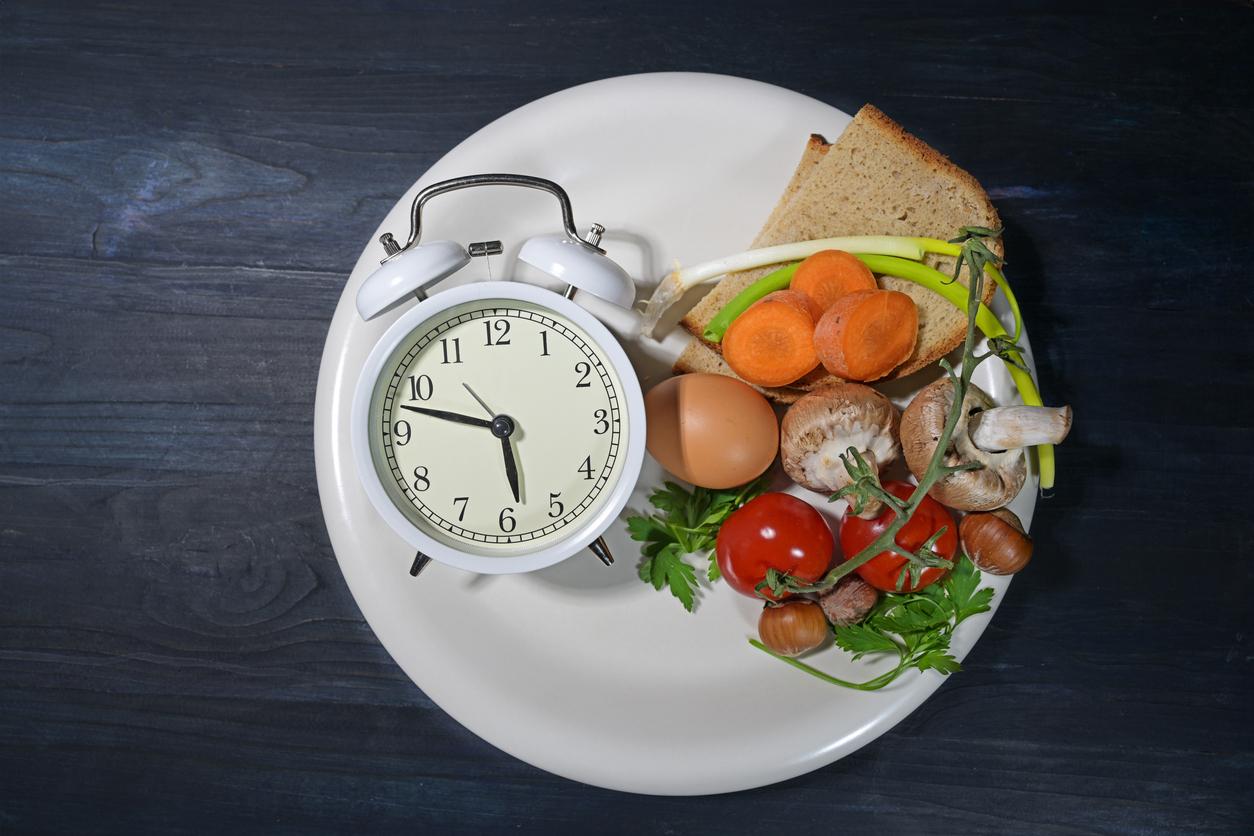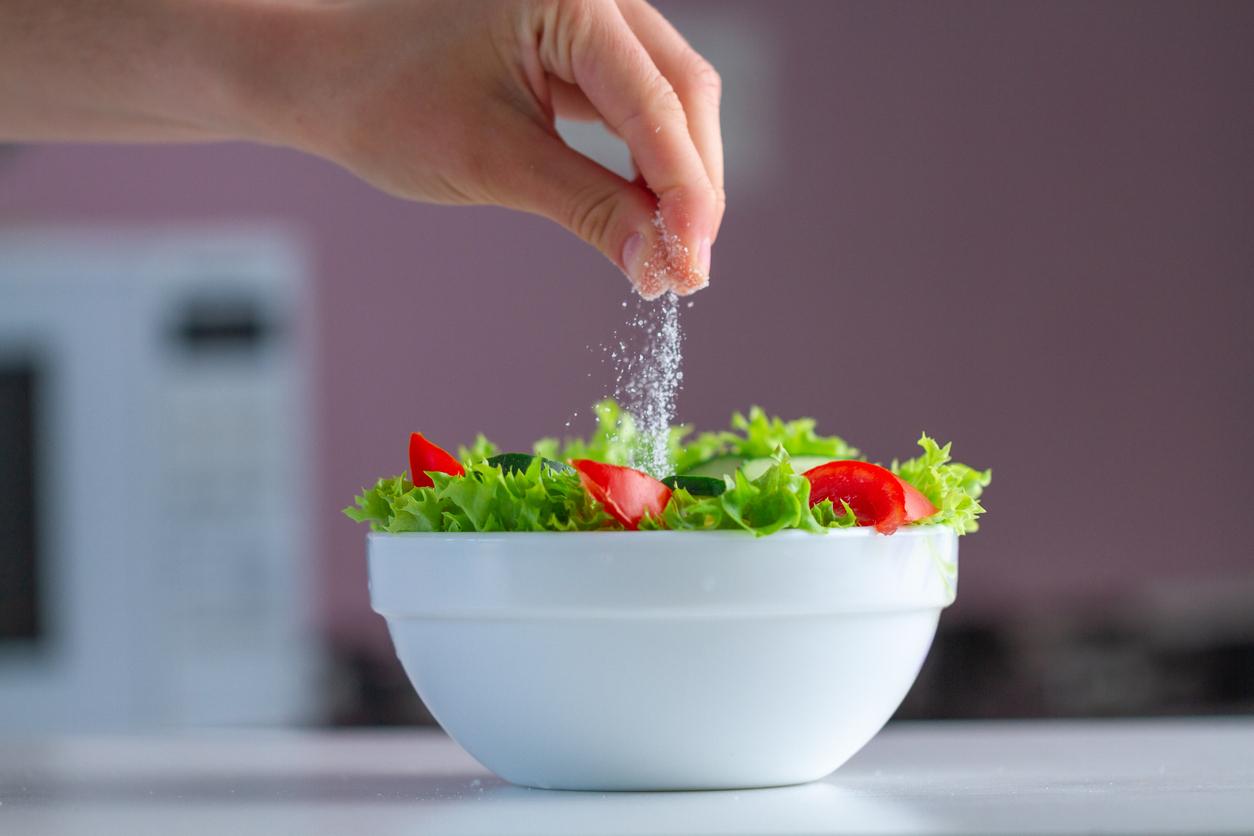In a study, researchers from Lille have shown that simple dietary measures, mimicking the effect of bariatric surgery, could help prevent diabetes.

The benefits of weight loss surgery accumulate over time. In addition to its benefit against obesity, this technique is particularly beneficial against diabetes. A team from Lille (North) has just highlighted a new mechanism associated with bypass, which consists in carrying out a bypass of the stomach: it acts on the absorption of sugars and salt, they explain in Cell Metabolism.
200,000 French people have undergone bariatric surgery since 2009. This intervention, intended for people with severe obesity, improves type 2 diabetes at a spectacular rate. Even before weight loss occurs, patients have better blood sugar control and lower medication intake.
But what is the underlying mechanism? This is the question asked by the authors of this study. They therefore recruited volunteer patients to observe the impact of bariatric surgery on the body. The intervention limits the absorption of ingested sugars, which reduces the natural rise in blood sugar after a meal.
Mimic the effect of bariatric surgery
The researchers operated on mini-pigs, mammals with anatomy and digestive physiology similar to humans. This allowed them to examine precisely the consequences of the technique. After the bypass, only the lower part of the intestine absorbs the sugars. This is where they come into contact with the bile. The presence of phlorizin, naturally present in apple tree bark, cancels the effect of this biological fluid. Conversely, adding salt to the meal promotes the absorption of sugar in the upper part of the intestine. However, bile secretes sodium, which performs most of this function.
It would therefore be possible to mimic the effect of bariatric surgery by implementing dietary measures, the researchers conclude. By modulating the absorption of glucose, preventing or treating diabetes would be possible. Two modes of treatment are possible: the food route, by the simultaneous consumption of salt and sugar, or the drug route, by the use of a molecule which inhibits the sodium-glucose transporter in the intestines. In this area, trials are underway in humans.

.

















